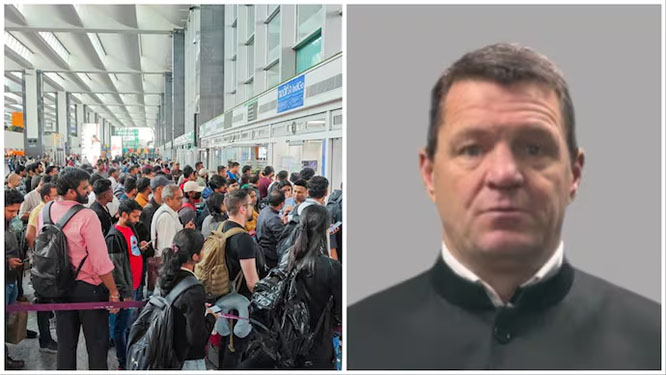New Delhi, Dec 15: The Supreme Court today dismissed the pleas of activist Teesta Setalvad, her husband and her two NGOs challenging the Gujarat High Court order rejecting their pleas for de-freezing of their personal bank accounts.
A bench headed by Chief Justice Dipak Misra said the pleas are dismissed.
Setalvad, her husband Javed Anand and their two NGOs -- Sabrang Trust and Citizens for Justice and Peace -- had challenged the October 7, 2015 verdict of the high court in the alleged misappropriation of funds received by their NGOs for Gujarat riot victims of 2002.
The apex court had reserved its verdict on July 5 this year.
Earlier the top court had questioned the source of money in the bank accounts of Setalvad and others which were frozen by the Ahmedabad Police in 2015 after the allegations of misappropriation had surfaced.
One of the residents of Gulberg society, Firoz Khan Pathan, had filed a complaint against Setalvad and others alleging that money was raised to make a museum at Gulberg Society in the memory of 69 people killed in the 2002 Gujarat riots, but it had not been utilised for the purpose.
The freezing of the accounts by Ahmedabad Police had come soon after its crime branch had started probing a case in which Setalvad and others were accused of embezzling Rs 1.51 crore collected to convert Gulbarg Society into a museum.
The high court had upheld the verdict of a lower court in this regard observing that the probe was at a serious point in the alleged case of Gulbarg society fund embezzlement.
In the embezzlement case lodged by the Gujarat Police, the couple had challenged the cancellation of bail in the apex court, while in the alleged FCRA violation case, CBI has challenged the anticipatory bail granted to them by the Bombay High Court. Both matters are pending before the apex court.






Comments
Add new comment